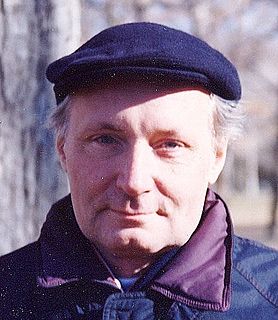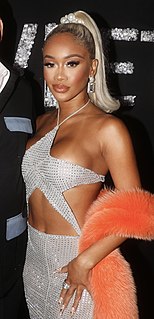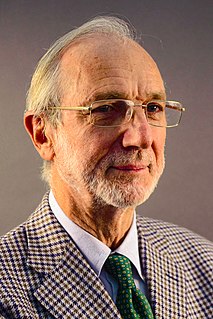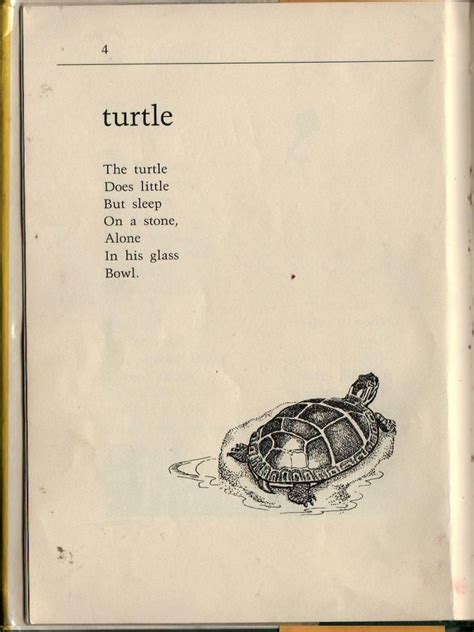A Quote by May Sarton
poetry is first of all a way of life and only secondarily a way of writing.
Related Quotes
If you want to change people by talking about God, then there is only one way: instead of teaching God, you must live God. Because: "teaching" God is unthinkable in any other way than the way you would teach love or poetry. You teach love only through love, poetry only through writing poetry, faith in God only through a contagious way of trusting.
At times of crisis or distress, it's poems that people turn to. (Poetry) still has a power to speak to people's feelings, maybe in a way that fiction, because it works in a longer way, can't. There's a little bit of your brain that mourns and grieves that you're not writing poetry, but actually as long as I'm writing something, I'm happy.
Poetry is only secondarily about words. Primarily, it is about truth. I dealt with the Ding an Sich, the substance behind the shadow, weaving powerful concepts, similes, and connections the way an engineer would raise a skyscraper with the whiskered-alloy skeleton being constructed long before the glass and plastic and chromaluminum appears.
Poetry is the most direct and simple means of expressing oneself in words: the most primitive nations have poetry, but only quitewell developed civilizations can produce good prose. So don't think of poetry as a perverse and unnatural way of distorting ordinary prose statements: prose is a much less natural way of speaking than poetry is. If you listen to small children, and to the amount of chanting and singsong in their speech, you'll see what I mean.
When you think intensely and beautifully, something happens. That something is called poetry. If you think that way and speak at the same time, poetry gets in your mouth. If people hear you, it gets in their ears. If you think that way and write at the same time, then poetry gets written. But poetry exists in any case. The question is only: are you going to take part, and if so, how?





































